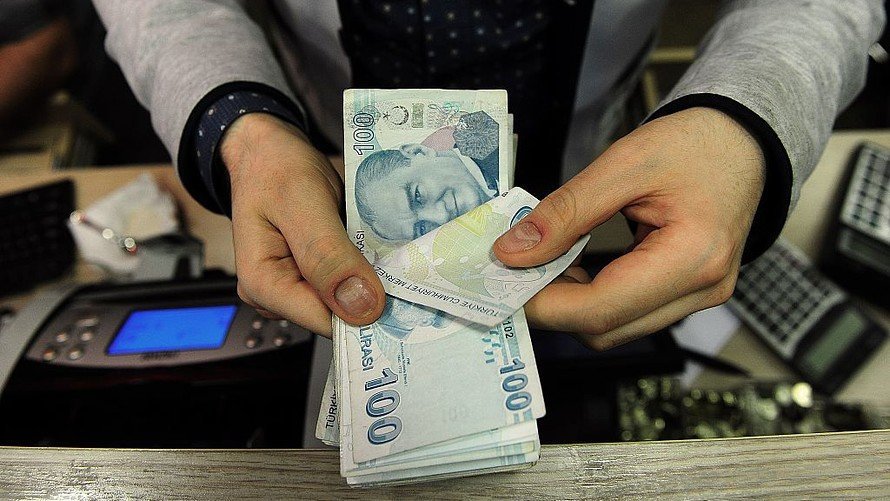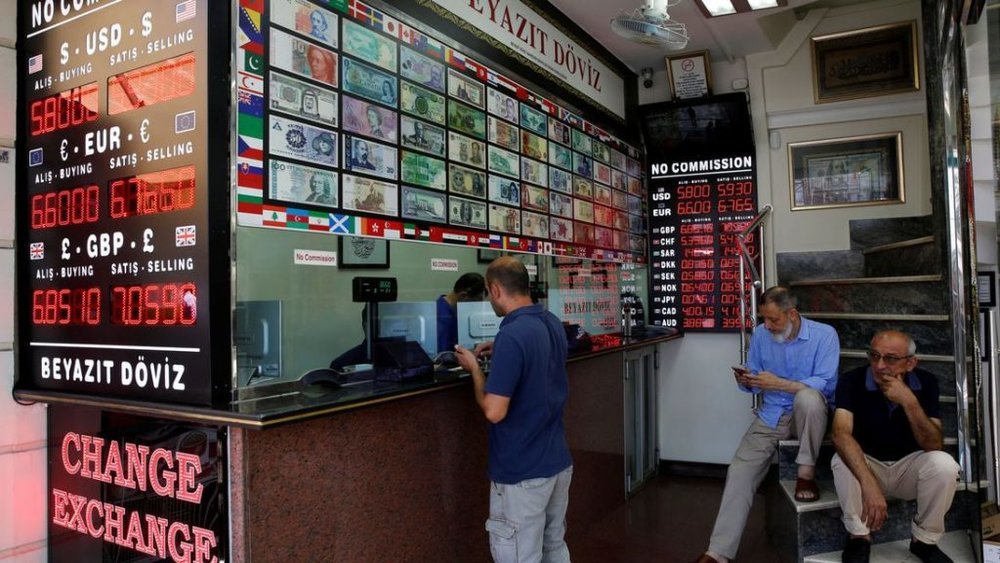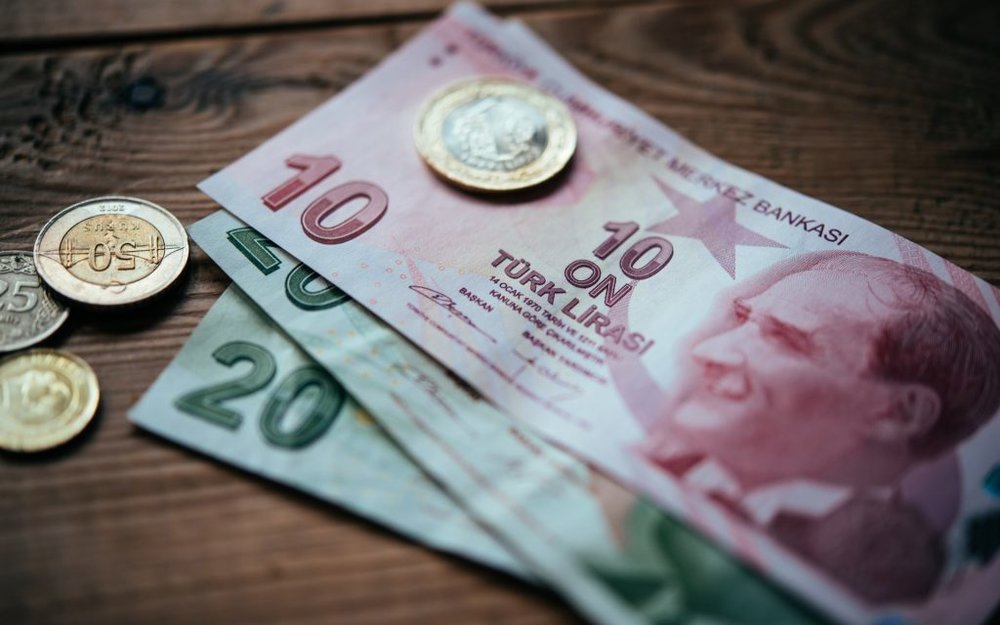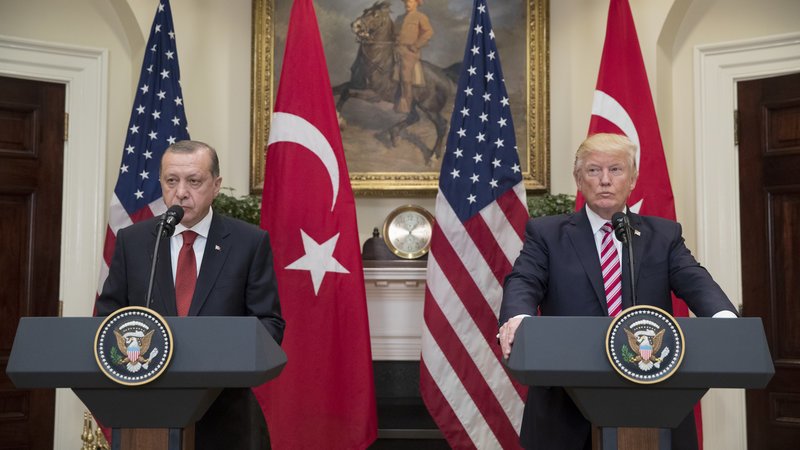
Turkey Currency Fall Increases Concerns Among Investors in Emerging Markets

Fall In Lira
Reports indicate that emerging-markets investors have begun taking steps in preparation for an unstable start of a trading week. Their moves are coming the week after the weekend characterized by increased rhetoric which revived trade tensions as well as a deeper slide in the currency of Turkey.

Their moves are coming the week after the weekend characterized by increased rhetoric which revived trade tensions as well as a deeper slide in the currency of Turkey.
Lira reportedly collapsed last week and plunged to a historic low yesterday evening. For this year, the lira has gone down with over 40% while yields from bonds have increased drastically. The combination of those occurrences has pushed Turkey extremely close to a financial crisis. Its current economic vulnerabilities vary from vast levels of foreign-currency debt, surging borrowing costs and current-account deficit.
Increased Tariffs
On Friday, the U.S. President reportedly doubled the steel tariffs it imposed on Turkey. The increased tariffs stood as a departure from the U.S.’ typical position which is usually to bring a calming effect to global markets in a period of financial crisis in emerging markets, particularly when investors have the contagion fear.

The increased tariffs stood as a departure from the US typical position which is usually to bring a calming effect to global markets in a period of financial crisis in emerging markets.
According to reports, the tariffs on steel imports from Turkish increased to 50% while tariffs on aluminum rose to 20%. This decision further worsened the drop of the Lira and increased market concerns that the weak currency could increase fragility. The fear of a worsened financial crisis was heightened by the state of the economy which has made it more difficult for the indebted corporate sector to repay its foreign and domestic loans.
The officials of the Trump administration indicated that the underlying intention was to boost the US aluminum and steel industry. However, sources posit that the actions came after a series of steps the administration undertook recently to increase the pressure levied on Turkey’s President Recep Tayyip Erdogan to restore freedom to U.S. pastor Andrew Brunson.
Brunson has reportedly been in the Turkish government detention since 2016 on charges of espionage. Some officials have noted that the increased tariffs had nothing to do with the case of Mr. Brunson. However, Trump in a tweet appeared to draw a connection between the tariffs and the sour relationship between the nations.
Reports have it that White House officials have failed to comment on the wider strategy to be adopted to address the instability in the global currency market. They also declined to comment on the economic reasons underlying the increased tariffs.
Investors, on the other hand, are reportedly on the lookout for the reaction of emerging-market for this new trading week. According to the chief investment officer, Commonwealth Financial Network, Brad McMillan, the impact of the financial situation in Turkey has affected Russia, Brazil, and Argentina.
Effects of Increased Tariffs
Speaking on several occasions in Turkey, Turkey President mentioned that the decision of president Trump to impose more tariffs could soil years of partnership between the two countries in the North Atlantic Treaty Organization. He also mentioned that the fall in the country’s currency was not a reflection of the reality of Turkey’s economy.

Erdogan mentioned that the decision of president Trump to impose additional tariffs could adversely affect years of partnership between the two countries in the North Atlantic Treaty Organization.
According to the chief investment officer at Cresset Wealth Advisors, Jack Ablin, Trump’s refusal to embrace turkey stood as a notable departure from past policy practices. Ablin also indicated that he would be monitoring the extent of spillover into any other emerging market. Credit Suisse Group’s head of global currency strategy, Shahab Jalinoos, noted that in the past when there had been currency issues, the major assumption in the market was that the US would offer its assistance. He, however, added that with the recent happenings such assumption could not longer hold.
Analysts indicate that collapses in foreign exchanges could cause danger for emerging markets especially in cases when they have borrowed vast sums in dollars. Trump has stated that the policies have contributed to the strength of the American economy.
Trump has reportedly brought back long age dormant policies and blocked imports he deems to be threatening to the US economy. Also, he has allegedly ignored warnings that such moves could affect the global trading system.
Sources report that the tariffs imposed were not only on Turkey but on almost all exporters of metals globally. The administration reportedly imposed tariffs of about 25% on steel and also 10% on aluminum as it operated under a move that gives presidents the opportunity to block interests deemed a threat to national security.
More in Business
-
`
Selena Gomez’s Rare Beauty Company Earns Her Billionaire Status
Selena Gomez’s net worth has skyrocketed thanks to her successful makeup line, Rare Beauty. Now in her 30s, she is not...
September 18, 2024 -
`
How to Audition for a Movie the Right Way
Making your way into the film industry can be intimidating, but understanding the audition process is key to success. But how...
September 13, 2024 -
`
What Does B Stock Mean? Understanding B-Stock Products
Have you ever stumbled upon a product labeled “B-Stock” while browsing your favorite online music store? If you’re wondering what B...
September 6, 2024 -
`
Why Did FedEx Just Lay Off 2,000 Workers?
FedEx, the renowned global delivery service provider, is set to make significant workforce reductions as it grapples with a downturn in...
August 27, 2024 -
`
Why Is Ryan Garcia Suing Bryce Hall?
In recent weeks, the internet has been buzzing with questions about why Ryan Garcia is suing Bryce Hall. The 26-year-old boxer,...
August 19, 2024 -
`
Start A Poké Bowl Business With These Simple Easy-To-Follow Steps
Starting a poké bowl business can be a rewarding venture, tapping into the ever-growing trend of healthy and delicious fast food....
August 14, 2024 -
`
How Does Real Estate Investment Banking Work?
Real estate investment banking is a dynamic sector that plays a crucial role in the financial ecosystem of the real estate...
August 7, 2024 -
`
Why Retail Giant Staples Plans Job Cuts in New Jersey
Office products retail giant, Staples announces significant job cuts in New Jersey as part of a broader restructuring strategy. The Massachusetts-based...
July 30, 2024 -
`
Brighton Butler Divorce – What Went Wrong?
The fairy-tale romance between fashion blogger Brighton Butler and her husband, Duncan, once painted a picture-perfect image of love and success....
July 22, 2024















You must be logged in to post a comment Login